About the Series
This season, we're connecting the dots between cutting-edge engineering, conservation, and academic insights to push the boundaries of bioacoustics technology. Laying the groundwork for our Bioacoustics Horizon Scan, we aim to capture where we are today and discuss critical context for the exploration of new frontiers to come. Join our meetups throughout the month to explore emerging tools for bioacoustics data collection, analysis, sharing, and policy integration. Tune in to explore what’s needed to unlock the field’s full potential.
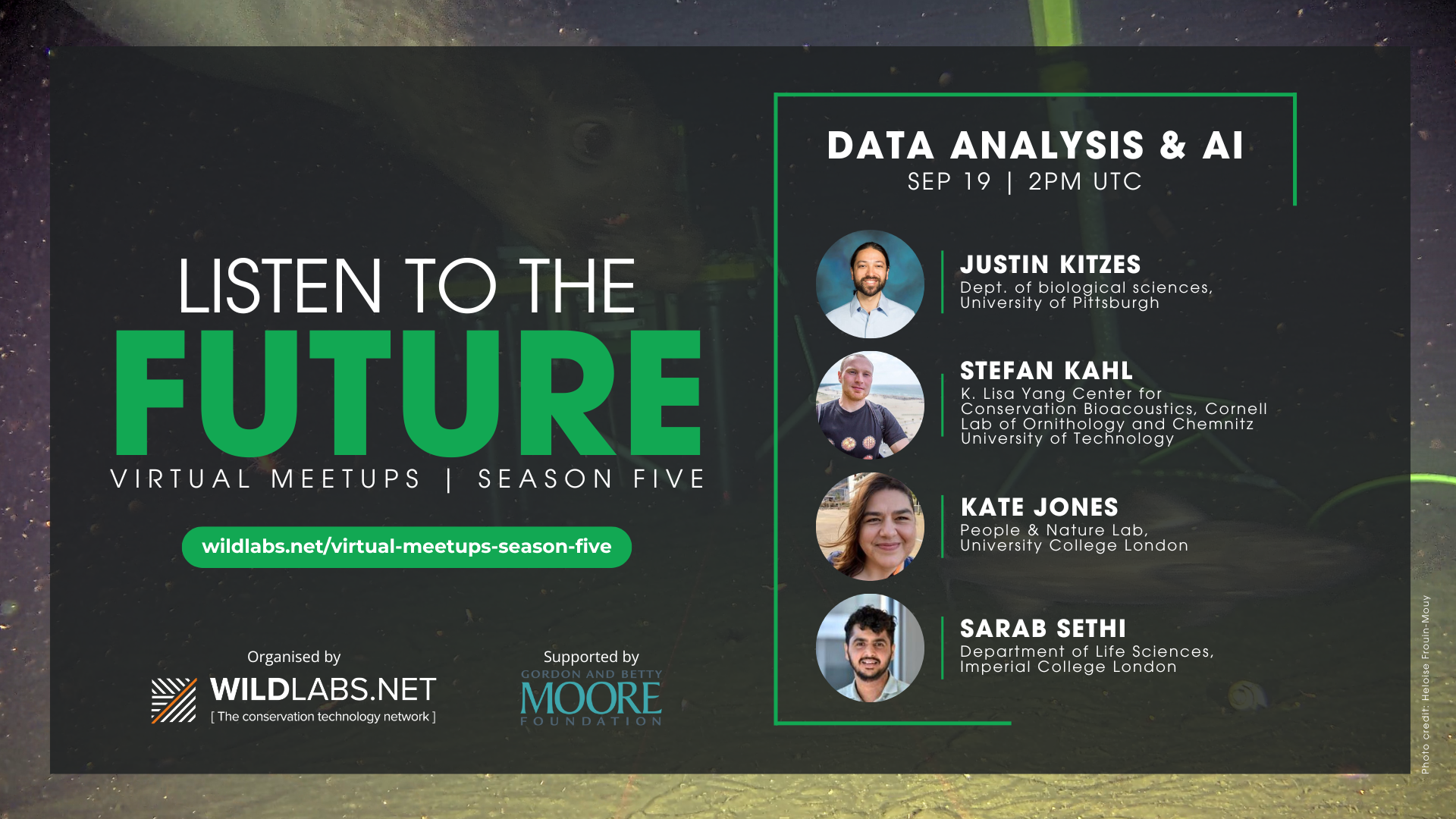
Meetup 3: Data analysis and AI
Date & Time
Thursday, September 19, 2024 2:00-3:30pm UTC
About the Session
The widespread adoption of low-cost Autonomous Recording Units (ARUs) has opened up new possibilities for ecological monitoring, enabling researchers to cover larger areas and longer timescales than ever before. However, the swift proliferation of affordable hardware has outpaced the development of the analytical techniques needed to process the vast amount of collected data. Technological breakthroughs, particularly in artificial intelligence, have simplified aspects of audio analysis. Recently, advances in computational bioacoustics and the advent of deep learning techniques such as convolutional neural networks have dramatically enhanced the capabilities of automated recognition algorithms. These AI advancements have opened new avenues for researchers to connect sound characteristics with underlying ecological dynamics. Nonetheless, leveraging entire soundscapes to infer biodiversity remains complex at large scales.
This meetup will feature a panel of leading experts in AI for conservation and acoustics data analytics. They will share insights on cutting-edge developments and future prospects in acoustic data analysis. Key discussion topics will include expanding machine learning models to cover underrepresented species and various environments, the effectiveness and limits of using acoustic indices for soundscape monitoring, and advancements in acoustic localization and how it's changing what we can learn from sound.
Agenda
- Welcome and introductions (5 min)
- Justin Kitzes, Assistant Professor of the Department of Biological Sciences, University of Pittsburgh (5 min opening talk)
- Stefan Kahl, BirdNET lead developer. Researcher at K. Lisa Yang Center for Conservation Bioacoustics and Chemnitz University of Technology (10 min)
- Kate Jones, Professor of Ecology & Biodiversity, Director of UCL People and Nature Lab, Department of Genetics, Evolution and Environment University College London (10 min)
- Sarab Sethi, PI of Ecosystem Sensing group, Department of Life Sciences / Imperial-X Imperial College London (10 min)
- Open discussion and community exchange (45 min)
- Takeaways and wrap up (5 min)
This session isn't just a chance to listen—it's an opportunity to engage, question, and contribute to the future of bioacoustics technology. Make sure you’re part of this crucial discussion!
Full session recording
We also have the recording available here on Zoom if you'd like to view the chat.
Individual talks
Learn more about upcoming Meetups
Curious about what else is happening this season? Visit our “Listen to the Future” season overview to discover more about the WILDLABS Virtual Meetup Series and upcoming events.
Photo credit: Heloise Frouin-Mouy

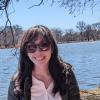

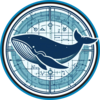


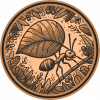

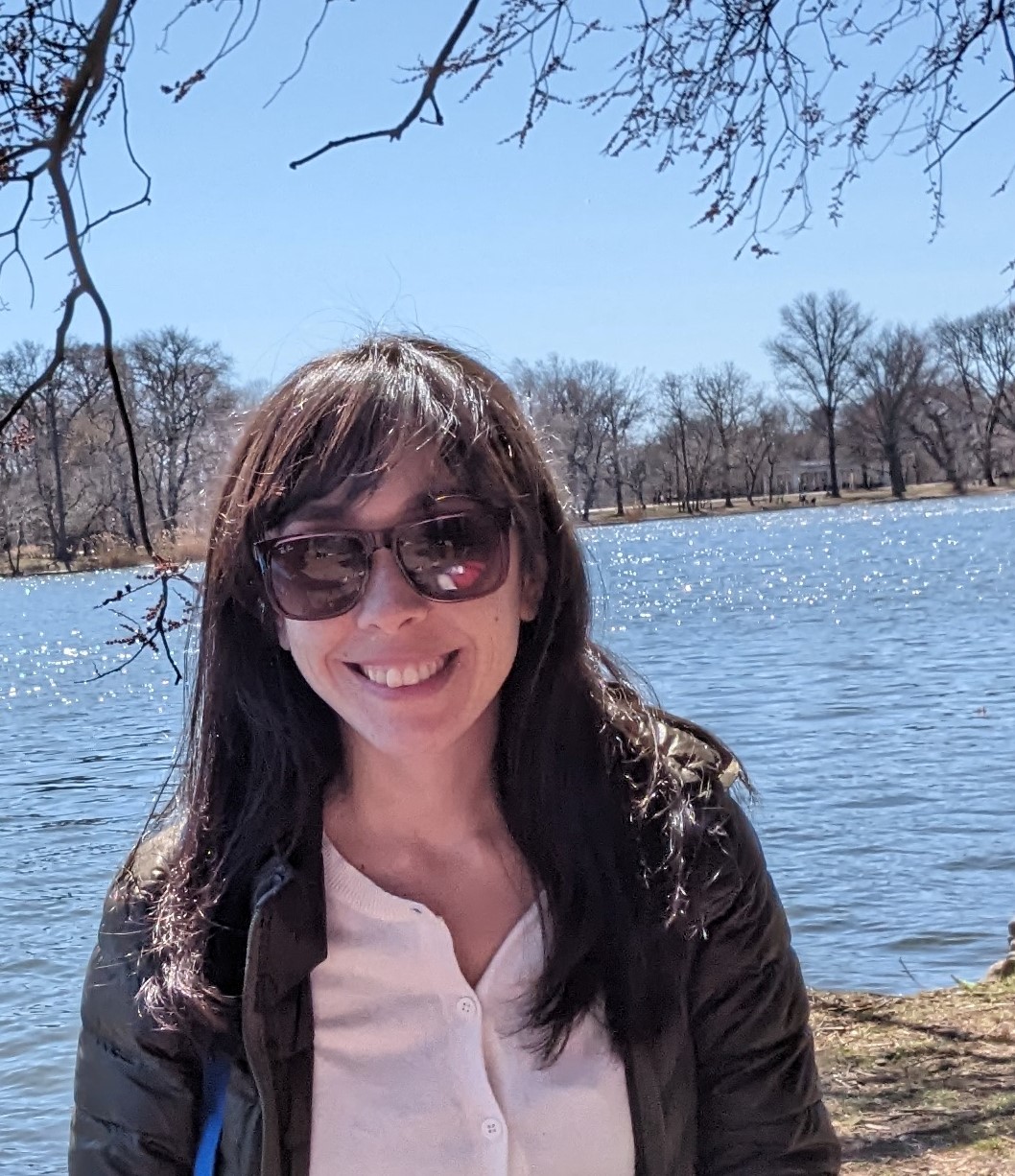
Add the first post in this thread.